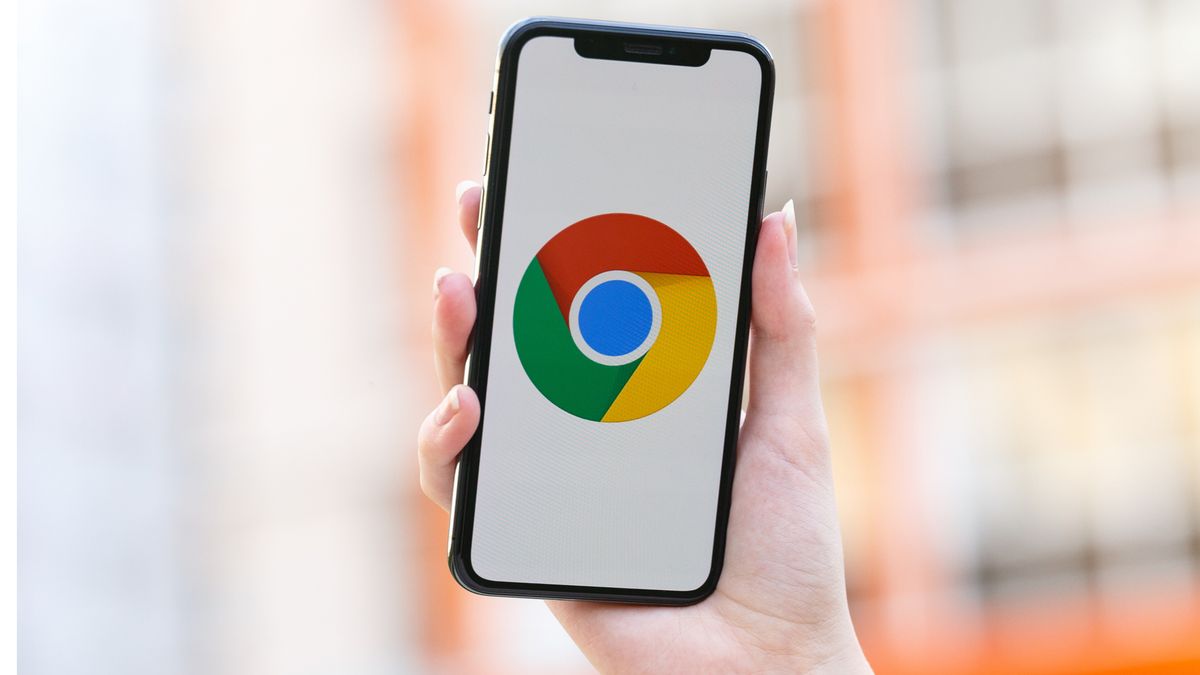Hollywood Actors Strike Ends With a Deal That Will Impact AI and Streaming for Decades
After 118 days on the picket lines, the longest such strike in Hollywood’s history, the Screen Actors Guild-American Federation of Television and Radio Artists has reached a deal with the Alliance of Motion Picture and Television Producers. Both sides were mum about the terms of the deal Wednesday night, but it comes following a long struggle over the use of artificial intelligence on actors’ performances and actors’ demands for residual payments for shows and films that play on streaming services.
A committee from SAG, which represents thousands of film and television actors, approved the agreement Wednesday. The strike itself, which has featured pickets outside the offices of Netflix, Disney, Warner Bros. Discovery, and others, will end Thursday morning. It’s expected that the tentative deal will head to the union’s national board to be approved on Friday.
Undeniably, this is a huge milestone for Hollywood, a $130 billion-plus industry that has all but ground to halt this year, as both the Writers Guild of America and SAG dug in their heels over fair wages and the use of AI in their work. WGA members went on strike in May; SAG walked off the job in July, the first time the industry had faced a dual work stoppage since 1960. The WGA strike ended in September with a historic deal that put up guardrails to protect writers from AI encroaching on their work.
As this year’s negotiations between SAG and AMPTP dragged on, generative AI became the major sticking point. Back in July, studios claimed they offered a “groundbreaking AI proposal that protects actors’ digital likenesses.” SAG countered that the proposal stipulated background performers could be scanned, paid for the day, and then turned into digital characters that studios could use “for the rest of eternity.” (AMPTP disputed this.)
The issue was volleyed back and forth until last weekend, when SAG reviewed the studios’ “last, best, and final” offer and rejected it, claiming “there are several essential items on which we still do not have an agreement, including AI.” A follow-up story in The Hollywood Reporter revealed that the AMPTP proposal sought to allow studios to pay for AI scans of what are known as Schedule F performers and, following the actors’ death, allow studios to use the scans without the consent of the estate or SAG. Schedule F performers include anyone who makes more than the minimum rate for TV series regulars or feature films. The guild wanted compensation for reuse of the scans, along with consent.
On Tuesday, the studios reportedly agreed to adjust the AI language in their proposal, a move that seems to have been the tipping point. Even though the terms of the tentative deal reached Thursday are unclear, it’s hard to imagine the actors didn’t get at least some of the AI protections they were seeking.


